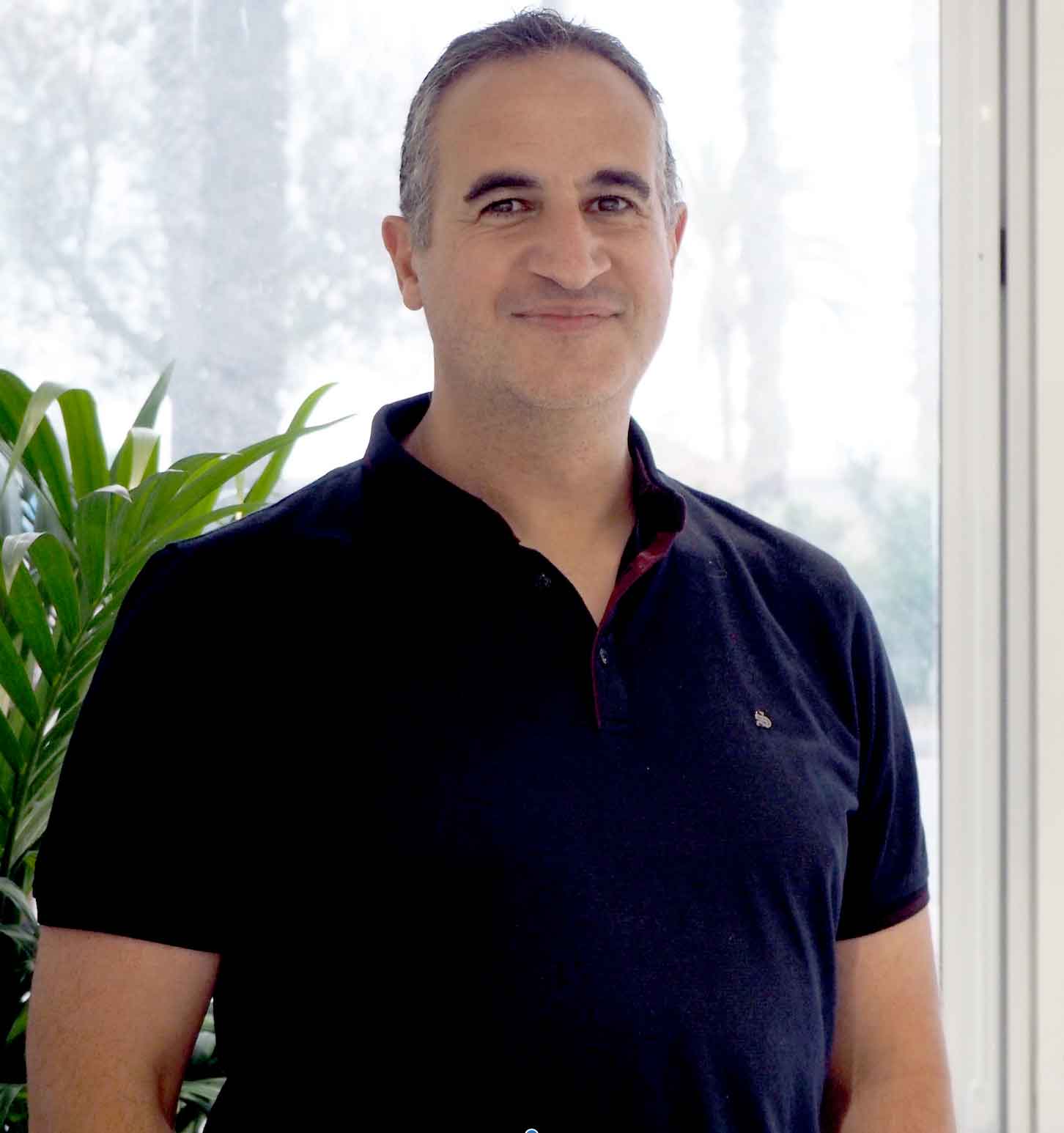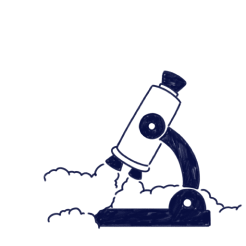
Angel Buendia
Knowledge Manager, Scilife
With 20+ years of experience shaping quality within pharmaceuticals, Ángel bridges QC & QA expertise in life sciences. His passion for continuous learning, combined with his role as a Smart Quality advocate, drives his dedication to instilling a quality culture, guiding teams with collaborative leadership, and fostering excellence as a cornerstone. He navigates complex regulations, and is driven by upholding high standards and fueling innovation.
More articles from Angel Buendia
You’ve finally received your 510(k) clearance and feel ready to start commercialization in the US market. But how do you go about importing medical devices into the US? Importation is the final hurdle in an often year-long process to obtain regulator...
Information runs the world, and in healthcare, every bit of data is important. Every day, hundreds of sets of data are produced as people go about their jobs manufacturing medical products. Every day, almost all of this data is recorded in some way.
A narrow focus on regulatory compliance can hinder organizations from fully embracing and benefiting from quality and operational excellence.
Pharmaceutical companies face numerous challenges when maintaining compliance, fostering innovation, and improving continuously.
It is almost impossible to work in the medical device space without hearing the term ISO 13485. But what is it? And how can you avoid mistakes during scoping and implementation and ensure the continued availability of your products on the market? Tha...
Validation is the process of establishing documented evidence that a process or system is reliable and suitable to fulfill its intended purpose.
Navigating the complexities of FDA inspections is crucial for QA professionals in the pharmaceutical and medical device industries. The stakes are high, with regulatory compliance directly impacting your organization's ability to operate smoothly, av...
The Internet of Medical Things (IoMT) is revolutionizing the MedTech industry by integrating medical devices, wearables, and health applications through Internet connectivity. This transformation enables continuous health monitoring, real-time data e...
Looking to get CE approval for medical devices? Navigating the regulatory landscape is essential for medical device manufacturers aiming to market their products in Europe. As one of the most important regulatory markets in the world, the EU stands a...
Pharma 4.0 is a framework for incorporating digital strategies into pharmaceutical manufacturing contexts. This framework envisions a manufacturing paradigm that allows manufacturers to change and iterate, connect resources and workers, simplify comp...
Keeping track of medical devices is paramount to ensure the safety of patients. Traceability allows manufacturers to identify, trace, and control medical devices and is necessary for several reasons, chief among them regulatory compliance.
The In Vitro Diagnostic Regulation (IVDR) has ushered in a new era of stringent requirements for manufacturers of in vitro diagnostic (IVD) medical devices. Compliance with the regulation is imperative to ensure the safety and efficacy of IVD product...
Subscribe to the
Scilife Blog
Life Science and Quality resources and news. All directly to your inbox!
